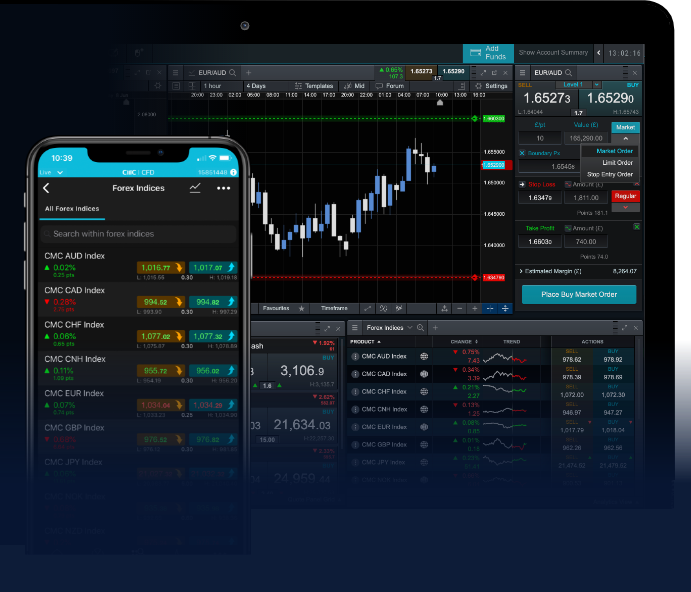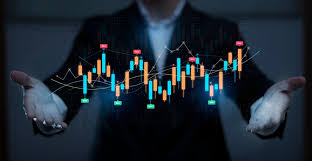Understanding Forex Trading A Comprehensive Guide to the Foreign Exchange Market 1586467016

The world of forex trading, or the foreign exchange market, is one of the largest and most liquid financial markets in the world. With a daily trading volume exceeding $6 trillion, it attracts investors and traders from across the globe seeking to exchange currencies and capitalize on price fluctuations. For those interested in diving deeper into this fast-paced world, resources like forex trading foreign exchange market https://trading-asia.com/ can provide invaluable insights and tools.
What is Forex Trading?
Forex trading involves the buying and selling of currencies with the aim of making a profit. Unlike stock markets, which operate within a specific country, the forex market is decentralized and operates 24 hours a day, five days a week. This allows traders to engage in currency trading at any time, providing flexibility for both individual and institutional traders.
Understanding Currency Pairs
In forex trading, currencies are traded in pairs, representing one currency’s value against another. The first currency in the pair is called the base currency, while the second currency is the quote currency. For example, in the currency pair EUR/USD, the euro is the base currency and the US dollar is the quote currency. The exchange rate indicates how much of the quote currency is needed to purchase one unit of the base currency.
The Major Currency Pairs
There are several major currency pairs in forex trading that make up a significant portion of the market’s trading volume. These include:
- EUR/USD: Euro vs. US Dollar
- USD/JPY: US Dollar vs. Japanese Yen
- GBP/USD: British Pound vs. US Dollar
- USD/CHF: US Dollar vs. Swiss Franc

These major pairs often have lower spreads and higher liquidity, making them popular among traders.
How Does Forex Trading Work?
Forex trading is typically conducted through a broker or financial institution. Traders can open a margin account, allowing them to trade with leverage, which means they can control a larger position than their actual account balance. For example, if a trader has a leverage of 100:1, they can control $100,000 worth of currency by only using $1,000 of their own capital.
When a trader believes that a currency will strengthen against another, they will buy (go long) that currency pair. Conversely, if they predict that a currency will weaken, they will sell (go short) the pair. Successful trading depends on a combination of technical analysis, market indicators, and a sound trading strategy.

Strategies for Successful Forex Trading
Implementing effective strategies is crucial for success in forex trading. Here are some popular trading strategies:
1. Day Trading
Day trading involves making multiple trades within a single day to take advantage of short-term price movements. Day traders often rely on technical analysis, charts, and real-time data to make quick decisions.
2. Swing Trading
Swing trading involves holding positions for several days or weeks, aiming to profit from medium-term trends. Swing traders usually analyze market patterns and signals, making trades based on anticipated price swings.
3. Scalping
Scalping is a high-frequency trading strategy where traders make small profits from numerous trades throughout the day. This method requires a deep understanding of market dynamics, quick decision-making, and excellent execution speed.
The Importance of Risk Management
One of the critical aspects of successful forex trading is robust risk management. Traders should always assess potential risks and establish stop-loss orders to minimize losses. It is also advisable to never risk more than a small percentage of the trading capital on a single trade.
Getting Started with Forex Trading
For anyone interested in embarking on a forex trading journey, the first step is to choose a reputable broker. Consider key factors such as regulation, trading platform, fees, and customer support. Once a broker has been selected, traders can open a demo account to practice trading without risking real money.
Conclusion
The forex trading market offers immense opportunities for traders and investors alike. By understanding the market fundamentals, employing effective strategies, and practicing sound risk management, individuals can navigate the complexities of the foreign exchange market successfully. Whether you’re a beginner or an experienced trader, continuous learning and adaptation are essential to thrive in this dynamic financial landscape. Start your journey today and explore the world of forex trading!
